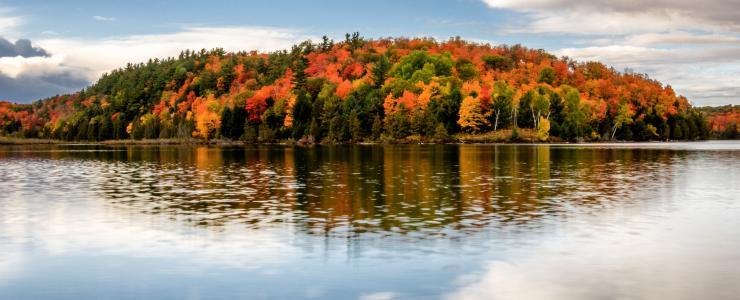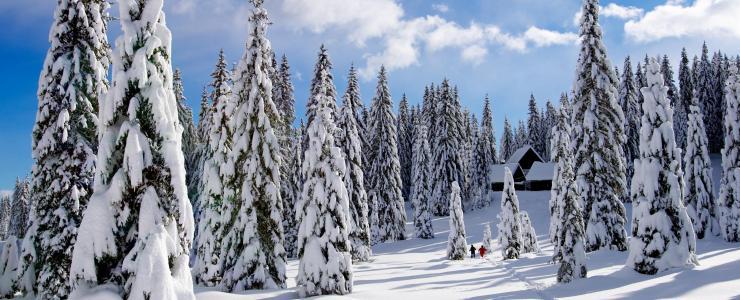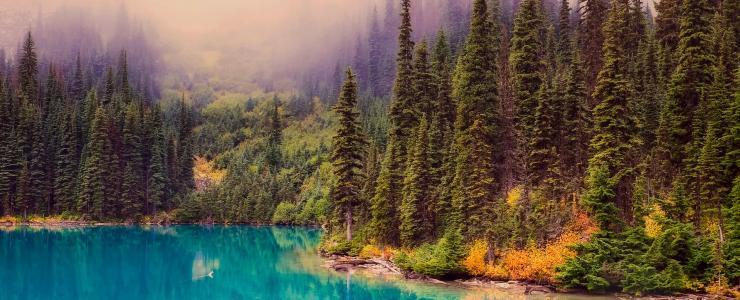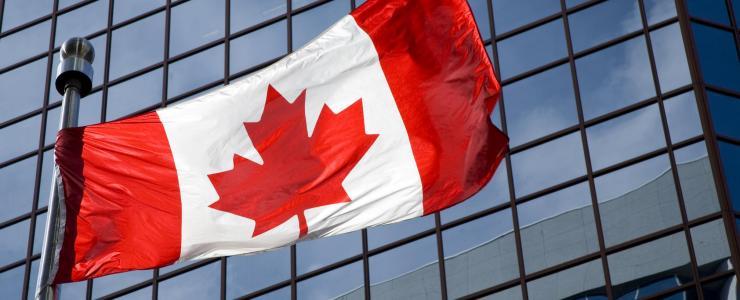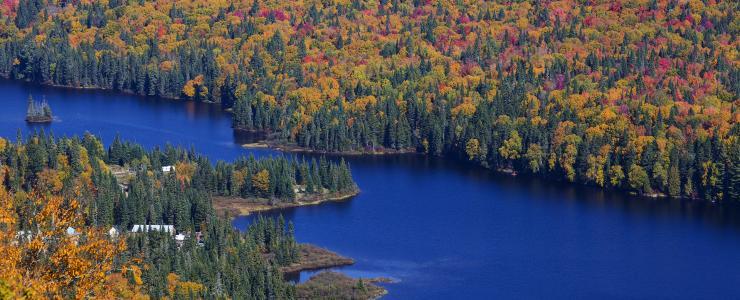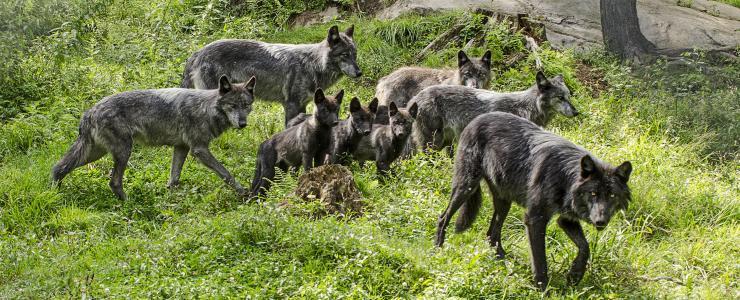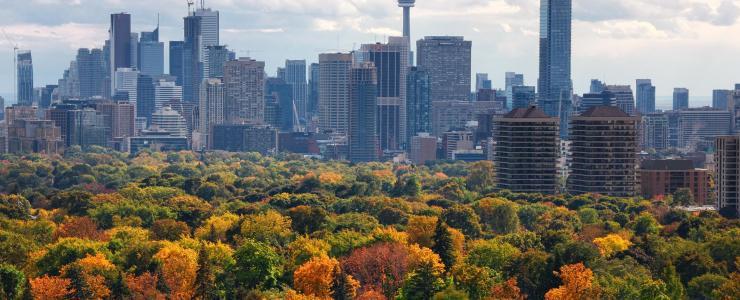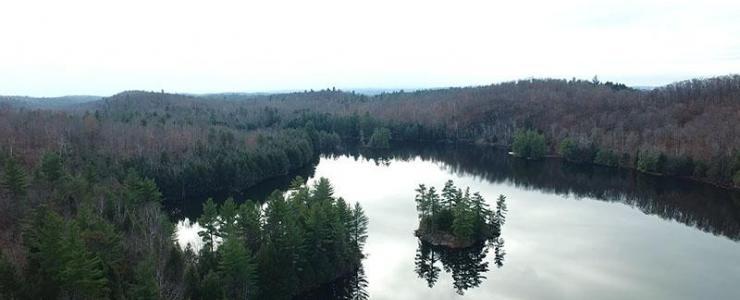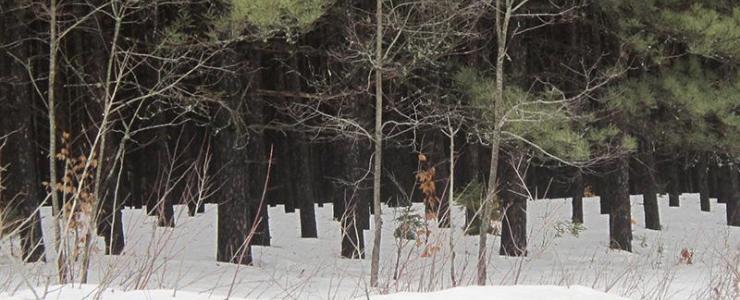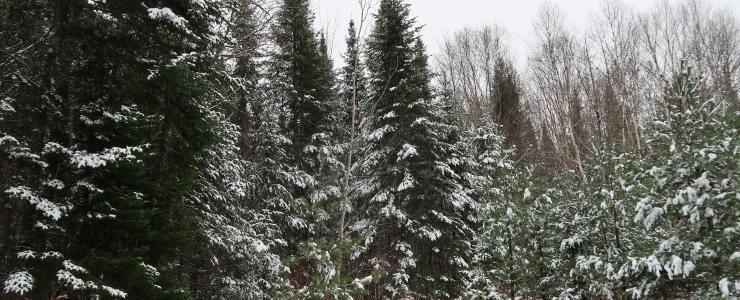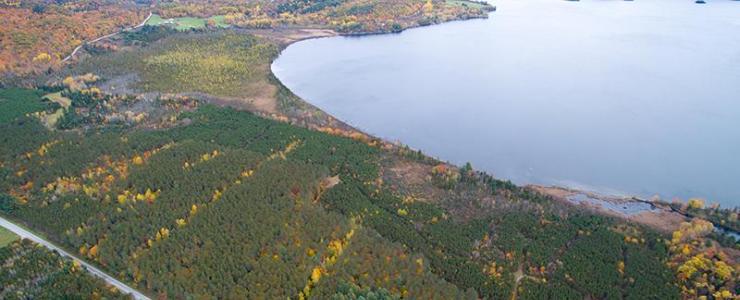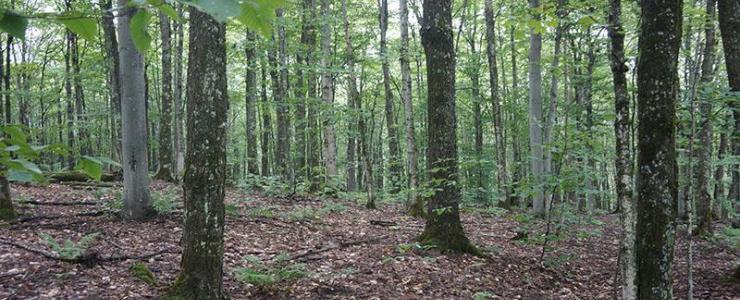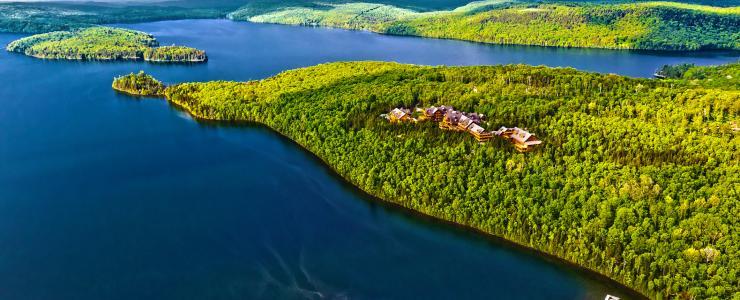Foreign investors in Quebec: understanding the zoning
The vast wooded expanses of Quebec are a dream for many potential buyers. However, a special regime designed to protect agricultural land in the province means it cannot be bought by non-residents. In this context, it is important to identify those properties that are not subject to any restrictions with regard to the buyer’s place of residence.
The distinction between green zones (agricultural) and white zones.
Almost 40 years ago, the Quebec Act respecting the Preservation of Agricultural Land and Agricultural Activities1 founded a system to protect and preserve the province’s farm land. Hence, 4.3% of Quebec’s surface area, equal to 6.3 million hectares2, falls within the agricultural zone and is subject to numerous restrictions, which is not the case for the properties located in what is commonly known as the ‘white zone’. To summarize, this agricultural land is governed by a highly protectionist regime meaning it cannot be split into lots or used for purposes other than agriculture. On the other hand, properties in the white zone offer opportunities for building and are subject to more flexible rules on their use.
Opt for white zones
The distinction between green zone and white zone is of utmost importance for a foreign buyer. Properties of four hectares or more located in the agricultural zone cannot be purchased by non-residents in virtue of the Act respecting the Acquisition of Farmland by Non-Residents3. As such, regardless of whether the land is a farmed field or a wooded area,
if the property sought after falls within the agricultural zone, it will not be possible for a non-resident to buy it without authorization from the Commission for the Protection of Agricultural Land in Quebec.
It is therefore simpler to look for a property that is not located in the agricultural zone4,
as there are no restrictions for non-residents buyers in the so-called ‘white’ zone.
That said, before embarking on the buying process, we urge potential buyers to consult a notary in Quebec to remove all doubts as the property’s status (in or outside the agricultural zone).
Notes and bibliography
- Quebec Act respecting the Preservation of Agricultural Land and Agricultural Activities[1] (RLRQ, c. P-41.1)
- SYLVESTRE, Louis-V., Le régime de protection du territoire et des activités agricoles au Québec et la pratique notariale, Répertoire de droit/Nouvelle Série, Wilson et Lafleur, Montréal, 2008, par. 17.
- Act respecting the Acquisition of Farmland by Non-Residents[1] (RLRQ, c. A-4.1)
Article 2 of this act states : ‘For the purposes of this Act, a natural person is resident in Quebec if the person is a Canadian citizen or a permanent resident within the meaning of the Immigration and Refugee Protection Act’ (L.C. 2001, c. 27) and has lived in Quebec for not less than 1,095 days during the 48 months immediately preceding the date of acquisition of farm land.’
Article 4 of the act stipulates: ‘For the purposes of this Act, a legal person is resident in Quebec if it is validly constituted, regardless of the manner or place of its constitution and:
1) in the case of a legal person with share capital, more than 50% of the voting shares of its capital stock are owned by one or more persons resident in Quebec and more than one-half of its directors are natural persons resident in Quebec;
2° in the case of a legal person without share capital, more than one-half of its members are resident in Quebec; and
3° it is not directly or indirectly controlled by one or more non-residents.’ - To check whether a lot is subject or not to the Quebec Act respecting the Preservation of Agricultural Land and Agricultural Activities, we can use a special online geomatics tool : http://www.cptaq.gouv.qc.ca/index.php?id=208&no_cache=1

